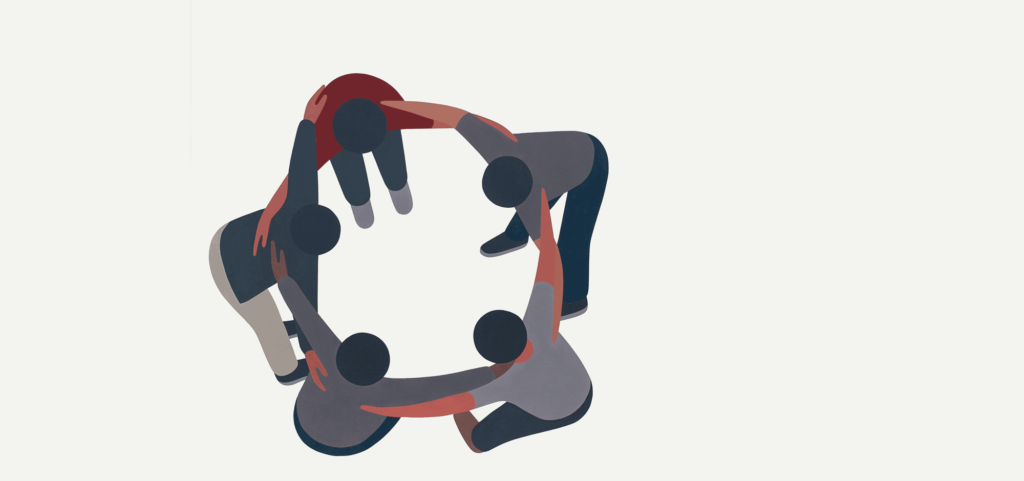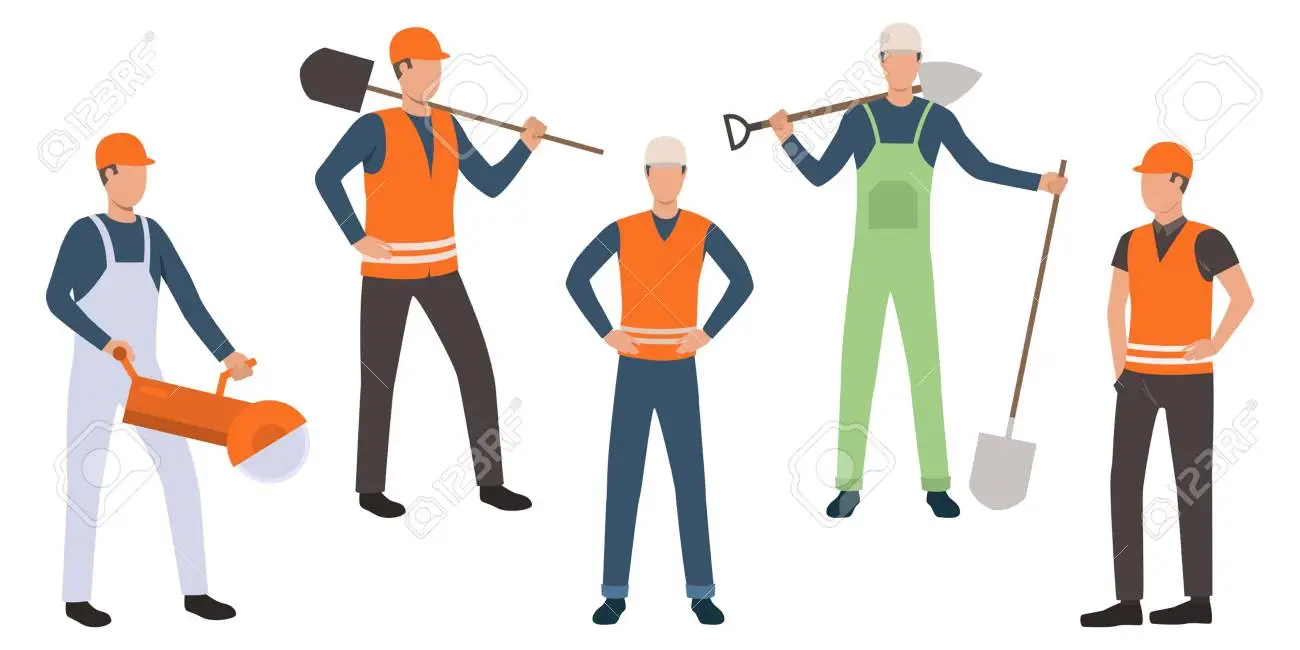Laborers hold the power to shape society and create positive change through their dedication and commitment to excellence
By Aubaid Ahmad Akhoon
May 1st is celebrated around the world as International Workers’ Day, also known as Labour Day. On this day, we pay tribute to the role of laborers in our society, recognizing their contribution to the growth and development of our economies. Honouring the Backbone of Society
The first C (also known as May Day) was celebrated on May 1st, 1886, in Chicago, United States, as a demonstration in support of the eight-hour workday. This event is known as the Haymarket affair or Haymarket massacre, which led to violence and several deaths. Since then, Labour Day has been celebrated annually on May 1st in many countries around the world to recognize the contributions and rights of laborers.
Laborers are the backbone of any society. They are the ones who work tirelessly to ensure that our daily needs are met, from building our homes and infrastructure to producing the food we eat and the goods we use. Without their hard work and dedication, our societies would not function.
As we celebrate Labour Day, it is important to recognize not only the role of laborers but also our responsibilities towards them. As consumers, we must ensure that we purchase products that are made ethically, with workers’ rights and fair wages in mind. We must also support labor laws and policies that protect the rights of workers and ensure that they are treated fairly in the workplace.
Likewise, it is also important for laborers to recognize their own responsibilities towards society. In Islam, work is considered a form of worship, and earning halal wages is an important aspect of leading a righteous life. It is the responsibility of laborers to work with generosity, honesty, and integrity, and to use their earnings in a way that benefits themselves and their families as well as society at large.

The Quran emphasizes the importance of honest labour and earning halal income, saying, “O you who believe! Eat of the lawful things that We have provided you with, and be grateful to Allah, if it is indeed, He whom you worship” (2:172). The Prophet Muhammad (peace be upon him) also emphasized the importance of labour, saying, “No one has ever eaten food better than that which he earns with his own hands, and the Prophet of Allah, Dawud (peace be upon him), used to eat from what he earned with his own hands.”
The main aim of celebrating Labour Day is to recognize and appreciate the contribution of laborers to our society and to advocate for their rights and fair treatment. As we celebrate this day, let us remember our responsibilities towards workers and work together to create a society that values and supports the hard work and dedication of laborers.
International Workers’ Day is not only a time to celebrate laborers’ contributions but also an opportunity to reflect on the ongoing struggle for workers’ rights. Many laborers around the world still face exploitation, unsafe working conditions, and unfair wages.
As a global community, we must continue to advocate for policies and practices that protect laborers’ rights and promote fair treatment in the workplace. This includes fighting against discrimination, ensuring equal pay for equal work, and supporting labour unions and other worker advocacy organizations.
In Islam, workers’ rights are considered sacred. The Prophet Muhammad (peace be upon him) is reported to have said, “Your workers are your brothers whom Allah has placed under your command. So, anyone who has a brother under his command should feed him of what he eats and dress him of what he wears. You should not overburden them with work, but if you do so, then help them.” (Bukhari and Muslim)
These teachings emphasize the importance of treating workers with respect and dignity, ensuring they are paid fairly and not overworked. As individuals and as a society, we must strive to uphold these values and promote justice and equality for all.
laborers also have responsibilities towards their workplace, employer, and society as a whole.
One of the primary responsibilities of laborers is to perform their work to the best of their abilities. This includes showing up on time, being diligent and focused, and completing tasks to the best of their ability. They should also strive to maintain a positive attitude and work collaboratively with their colleagues to achieve their shared goals.
In addition, laborers have a responsibility to maintain a safe and healthy workplace. This means following safety protocols, using equipment and tools properly, and reporting any hazards or potential risks to their employer.
Laborers also have a responsibility to respect the rights of their employer and the rules and regulations of their workplace. This includes not engaging in theft, vandalism, or other forms of misconduct that could harm the company’s reputation or profitability. Laborers have a responsibility to contribute to society in a positive way.
In Islam, laborers are encouraged to work with honesty, integrity, and excellence. The Prophet Muhammad (peace be upon him) is reported to have said, “Allah loves, when anyone of you does a job, that he should perfect it” (Al-Tabarani).
Therefore, laborers have a responsibility to not only fulfill their job duties but also to strive for excellence in their work. By fulfilling these responsibilities with diligence, honesty, and excellence, laborers can make a positive impact on their workplace and contribute to the greater good of society.
Bottom Line: On this International Workers’ Day, let us celebrate the contributions of laborers and renew our commitment to promoting their rights and fair treatment. Together, we can work towards creating a society that values and supports the hard work and dedication of all workers, regardless of their race, gender, or socioeconomic status.
“Laborers who work with honesty, integrity, and diligence are the backbone of any successful workplace and society.”
The views expressed in this article are solely those of the author and do not necessarily reflect the opinions or views of this newspaper. The author can be reached at [email protected]


Comments are closed.